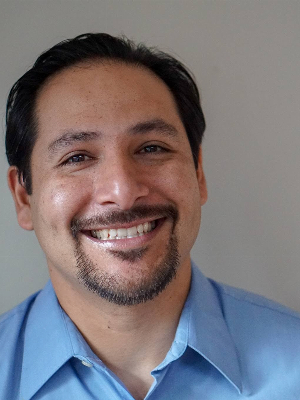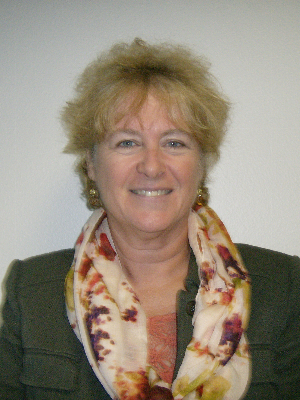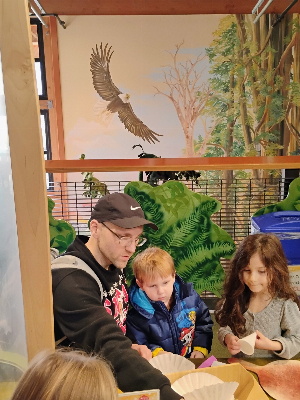
May 6-10, 2024 - Virtual via Zoom
Fathers play a critical role in the early development of their children and the well-being of their families. And yet in many of our systems we seem hardwired to support mom and miss the opportunity to lift up the whole family. Hear from the Washington Fatherhood Council and a panel of dads around their experiences and how we might all turn on our "dad switch" when shaping our services. By the end of the session attendees will increase their understanding of fathers' journey into parenthood and how that differs from mothers pathway, learn about barriers and challenges that Dads face and each discipline plays a role and use Father Friendly Principles to challenge ourselves to find ways to reduce biases and open doors to Hope for Dads. The session will include time to process what we heard through our individual lenses to create action we each can take to lift up fathers to be the dads they aspire to be for their children and families.

Jose is a multi-skilled professional with more than 50,000 interactions with parents. He currently works with the Washington Department of Health WIC Program. He started his professional career within WIC as a clinic manager in South Los Angeles and most recently worked serving communities in the Seattle area. In addition to WIC services, Jose is a class instructor for Conscious Fathering program for Parent Trust for Washington Children. Jose is most excited about energizing parents and caregivers to grow with their child and share the many benefits that come from creating a consistent, predictable, and reliable team.
Tui is the co-parent of 7 children who he has worked hard to gain shared parenting plans. He was born in Samoa and raised in Sacramento and Washington. He served in the military, where he was shot an inch from his heart, and returned from Iraq to Washington. He's helped create fatherhood groups for several different organizations and has extensive experience working with Washington's family law system. He's proud to have 50/50 parenting plans on six of his children. Tui never had a dad in his life so he is committed to break that cycle for his kids!

As the Director of the Washington Father Council, Anne works to amplify the voices of fathers so they can be the fathers they aspire to be for their children, families, and communities. These state and local providers, academics, fathers with lived experience, promotes fatherhood inclusion, access and belonging to maximize children’s potential. Anne has 30 years experience as an innovator and change agent in youth and family crisis, child healthcare transformation, early childhood systems, poverty reduction, and fatherhood inclusion. She works to affect root causes of family struggle, racism, poverty, bias, grounded in early brain science to inform system change.

Steven is the father of a preschool son who has worked very hard to navigate the system to be with his child. He experienced many barriers to shared parenting when he and his wife split up. Those involved in the court system have not readily seen him as an equally important in life and development of his son. He has successfully negotiated a shared parenting plan that will eventually be equal time when his son enters kindergarten. He volunteers for the WFC and the Nurturing Connections social change effort at the Center for the Study of Social policy.